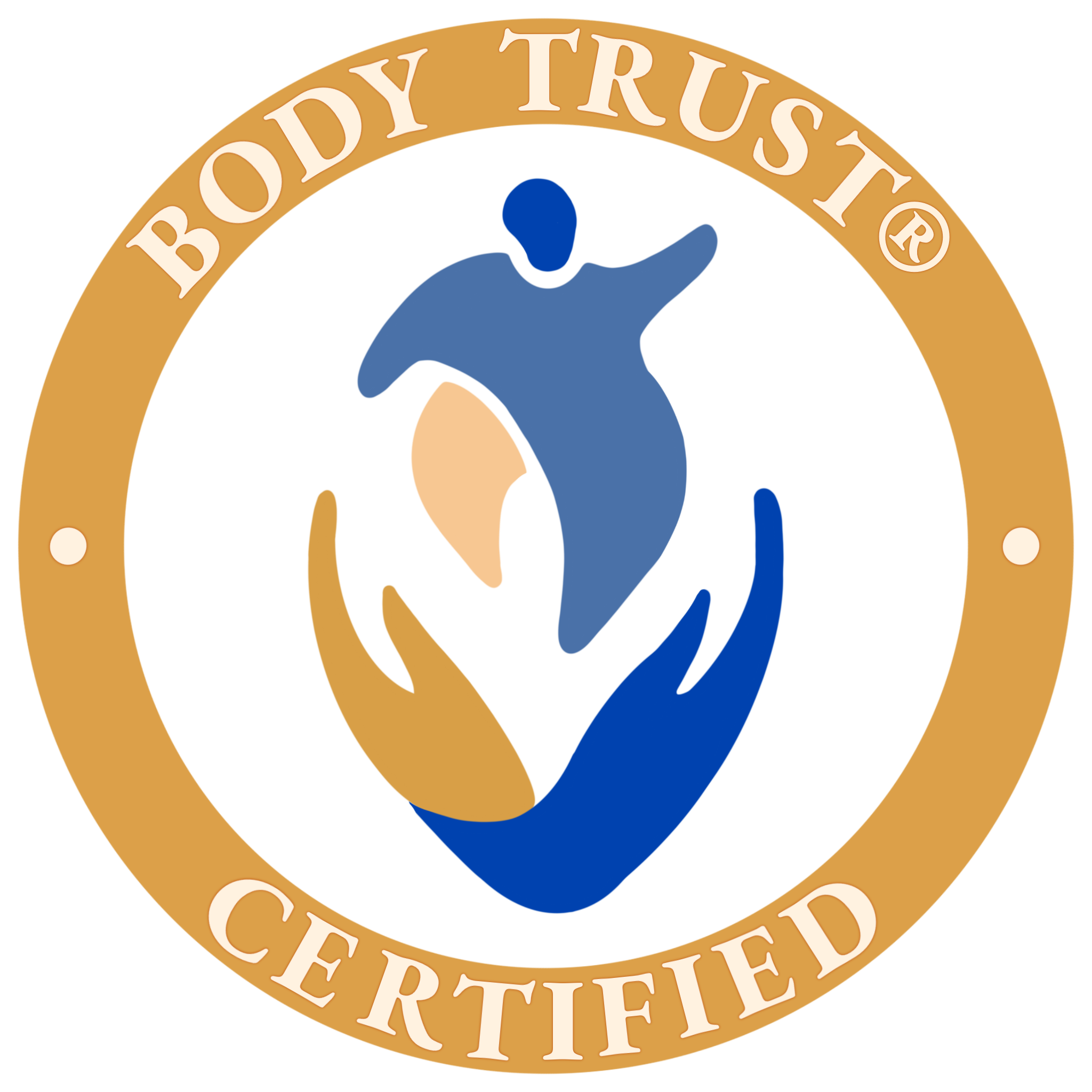
My approach
“What has been wounded in relationship must, after all, be healed in relationship.”
— Annie Rogers
Core philosophy
There are many different approaches to therapy. Some focus on reasoning, inquiring into why you think what you think, how your thoughts drive your actions and how to change that. Others focus on adopting a state of mind and applying it to different parts of your life.
In a relationally-focused approach, which is how I approach therapy, the focus is more about how you show up to our relationship, to other relationships, and to a relationship with yourself. Together we will explore how your past experiences, both with others and yourself, affect your present.
I believe that as most harm occurs in relationship, most healing does as well. Through the relationship that we will form in our work together, we can begin to imagine new possibilities of relating to yourself and others that can help create meaning and fulfillment in your life.
Story. Relationship. Embodiment.
To learn more about my healing model and how it influences my approach to working with clients, watch the video below.
Video features Yuliya in an interior space with colorful pillows and thinly-leafed green plants next to them, against a white wall. They are wearing aquamarine short sleeved-shirt and have short brown hair.
How I work
In our sessions together, my main goal is to create an emotionally safe environment for you to explore yourself in the entirety of your human experience: emotional, physical, mental, social, spiritual.
While the specifics are tailored to each individual, I frequently pull from Interpersonal Neurobiology, Polyvagal Theory, Systems Theory and Attachment Theory. I believe systems have a tremendous impact on our individual and collective functioning, and I believe a lot of our suffering has to do with systems of oppression and the demands they place on us.
In our sessions, we will work on connecting with your emotions and feelings with the goal of increasing self-awareness, self-kindness and your ability to tolerate distressing emotions and states. We will pay close attention to what comes up, what is hard to talk about, what is angering, what is confusing. This can help us pinpoint and explore the ways you experience relationships and how others see you in return.
Are we a good fit?
We may be a good fit if you are looking for a therapist who:
Uses a less structured and more free-form approach
Oriented toward relational dynamics, rather than building cognitive skills
Is collaborative and interactive, rather than prescriptive
Specializes primarily in complex and relational trauma, late identified/diagnosed autism & ADHD and body image issues
You may want to seek someone else if you are looking for:
Structured approach
Skills-building modality, such as CBT, DBT or EMDR
A provider that bills insurance, provides a superbill or single case agreements
Treatment for a specific mental health diagnosis that I do not specialize in
Please note my practice does not provide crisis services and I am unavailable to provide support outside of our scheduled sessions.
Specializations
I am a narrative, relational, psychodynamic therapy practitioner, with a focus on treating trauma & abuse.
I am a Certified Body Trust® Provider.
-
Clinical focus
Trauma & abuse | cPTSD & PTSD | Anxiety | Relationship issues | Neurodiversity | ADHD | Autism | Body image concerns | Mind-body connection | Family of origin issues | Emotional regulation | Life changes | Cross-cultural issues | Immigration
-
Modalities
Trauma-trained & focused | Relational | Narrative | Systems-focused | Psychodynamic | Interpersonal Neurobiology (IPNB) | Attachment-based | Emotionally-focused | Somatically oriented
Interested in connecting?
Let’s schedule a free 15-20 minute consultation as a way to assess if we are a good fit, and give you a chance to ask questions and connect.
“there are feelings.
you haven’t felt yet.
give them time.
they are almost here.
– fresh”
— Nayyirah Waheed



